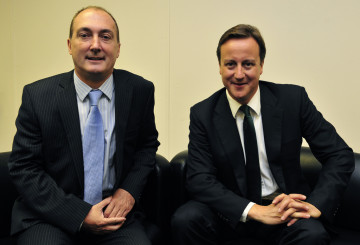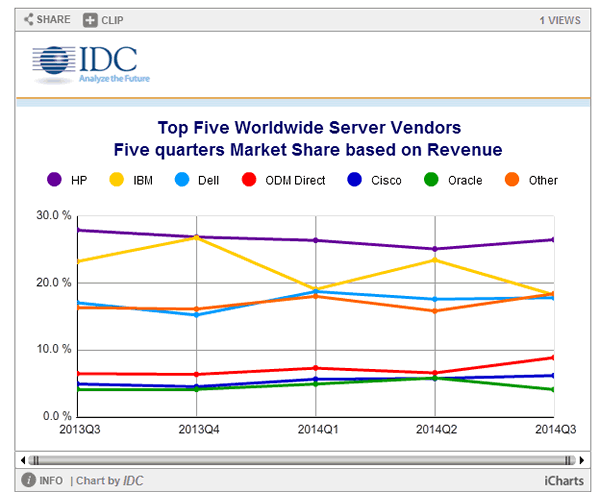 A Freedom of Information (FOI) request made to Oxford City Council has revealed that the folk who pick up your wheelie bins are filming you in secret.
A Freedom of Information (FOI) request made to Oxford City Council has revealed that the folk who pick up your wheelie bins are filming you in secret.
After a wheelie bin in TechEye’s front garden in Oxford wasn’t picked up, we called the council to ask why.
The council said that we didn’t have the bin in the right place for collection and supplied photos showing how we’d offended. We hadn’t, by the way.
Our FOI request asked Oxford City Council which Act of Parliament authorised the filming of people’s houses; how long the footage was kept; whether employees were aware they were being filmed; and whether the information was shared with other authorities internally and externally.
We received the answers to those questions today.
The council said:
1. There is no specific legislation preventing the CCTV recording of
private property taken from public places (in this case the public
highway). The system is operated in accordance with all the requirements
and the principles of the Human Rights Act 1998, and the Data Protection
Act 1998.
2. The footage is stored on a hard drive in the vehicle and the image
storage time does fluctuate, but is generally around 8 weeks.
3. Yes. Staff are fully aware that they are being filmed. A full
consultation with the Unions was undertaken before the cameras were
installed on our vehicles.
4. No. The system is operated in accordance with all the requirements
and the principles of the Human Rights Act 1998 and the Data Protection
Act 1998 and therefore, has the potential for images to be released, on
request, to the police and/or other agencies.
So there you have it. Your binmen and the council are watching you.



















